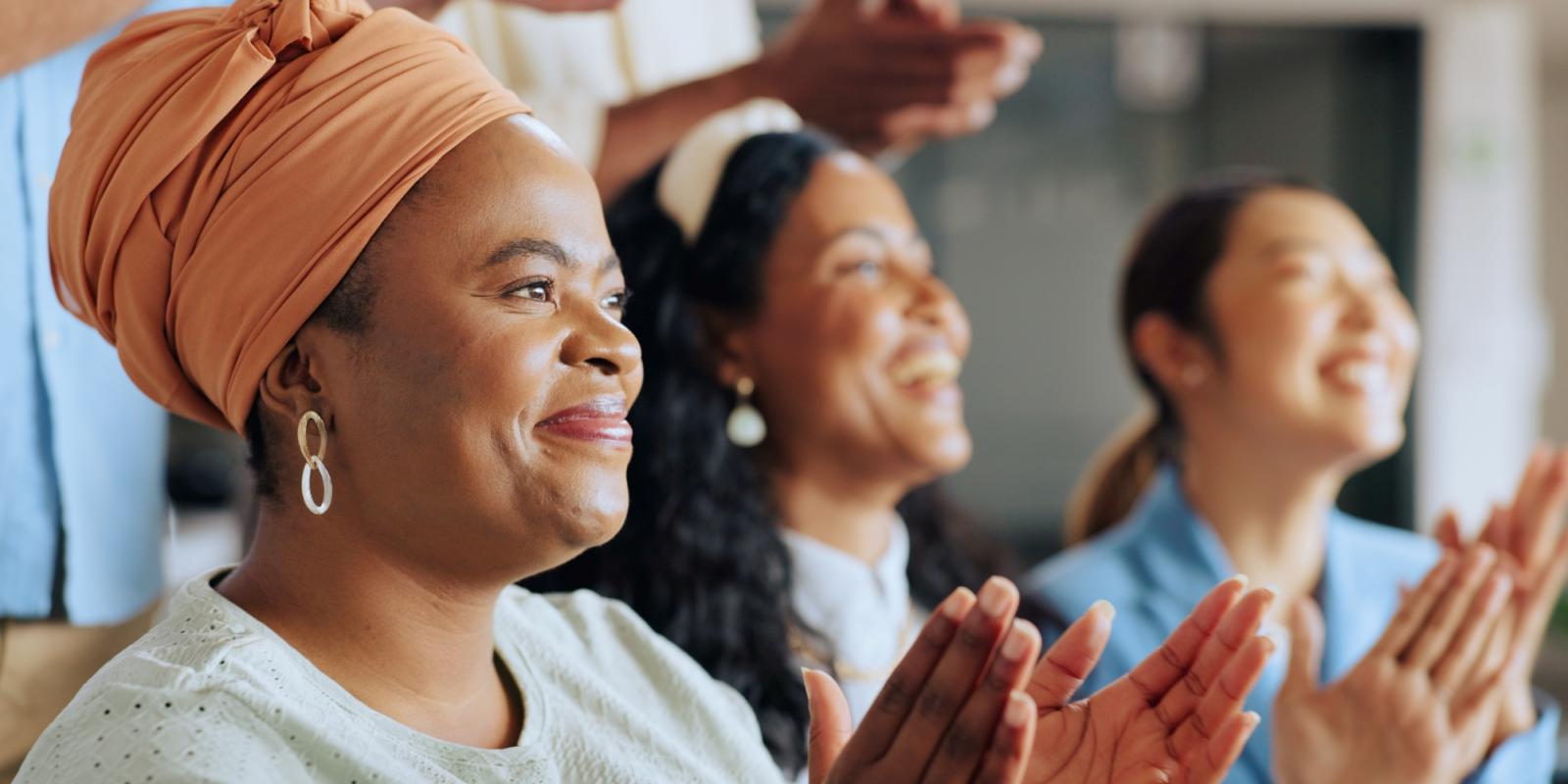I was so grateful when ASA’s Director for Programs and Thought Leadership Dr. Patrice Dickerson reached out to me several years ago and asked me to be a part of the ASA RISE mentorship program. As a now seasoned professional (20-plus years in the field of aging) I can look back and see how a formal mentorship could have really benefited me as I was beginning my professional career.
What I know now is that there is so much I wish I had known then, when I started my career, both in terms of how to do the work and how to navigate within an organization. These were such important gaps in my knowledge that having some guidance would have alleviated me being behind the 8-ball so very often and feeling a need to play catch up.
I have watched people who entered the workforce at the same time as I did excel and surpass me in title and salary. I truly believe that having mentorship, and more importantly sponsorship, in my early career would have been the key to avoiding many missteps. Having a good mentor that is truly vested in helping you to prosper can mean the difference between success and stagnation.
Needless to say, when I got Patrice’s call, I was eager to provide support to early professionals who were interested in making their mark in the aging/gerontology field. With what seems like a lifetime of experience and an alignment of my purpose and passion for improving the lives of our most vulnerable populations, I was ready to pour all my knowledge into my new mentees.
‘Sponsorship should be considered a step above mentorship.’
I have been blessed to have two amazing mentees, Monique Barber and Jocelyn Powell that will no doubt make a considerable contribution to our field. I sought to not only mentor them, but to build a solid relationship with them, challenge them, affirm them, and help them grow in their careers. The relationship piece was vitally important because once the RISE cycle concluded, I wanted my mentees to know that the relationship need not end there.
I believe one of reason mentorship works is because it holds each party accountable to the other and helps each party to grow. A mentor must have the proper intention and provide the space, support and guidance the mentee needs to take concrete steps forward in their career. The mentee, on the other hand, must come prepared with specific goals and aspirations and must also take organized action to meet said goals (with the guidance of the mentor, of course). Accountability is key in these relationships. For example, if I tell my mentee that I will make a connection, then I follow through. If my mentee and I agree on an action step that they will take, then the expectation is that they do it and share the impact.
I am a big proponent in paying it forward, and mentorship is one way this can be accomplished.
I used the term sponsorship earlier, and I think sponsorship should be considered a step above mentorship. A sponsor is a person who not only mentors you but opens doors for you to get to the next level of your career either by helping you to get promoted, hired, or interviewed for your next level position. What’s key here, is that we cannot stop at mentorship, we need to find strategies to enlarge pipelines to help young professionals climb the ranks, succeed, and not get discouraged due to a lack of career advancement potential in their chosen field.
Cassandra Burton is Consumer Insights Manager at AARP, providing content expertise on internal and external aging issues with a focus on LGBTQ+, people with disabilities, older veterans and Black communities.
Photo credit: Shutterstock/PeopleImages.com – Yuri A













